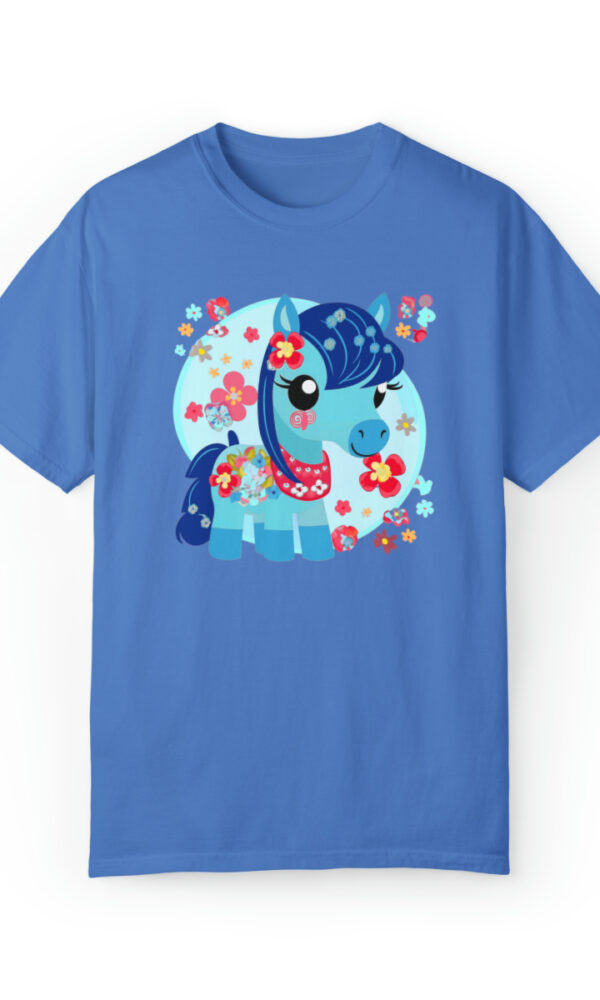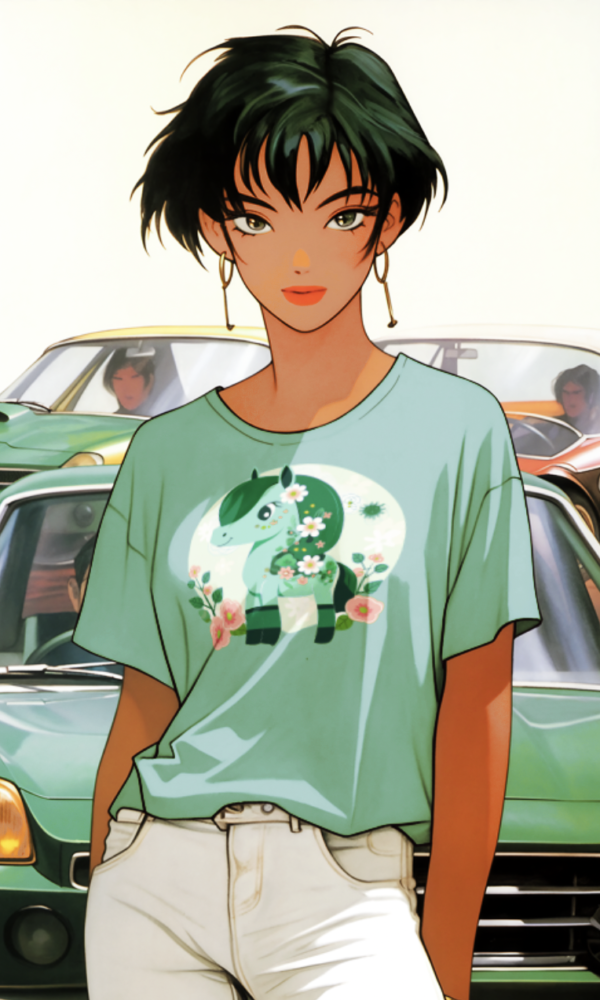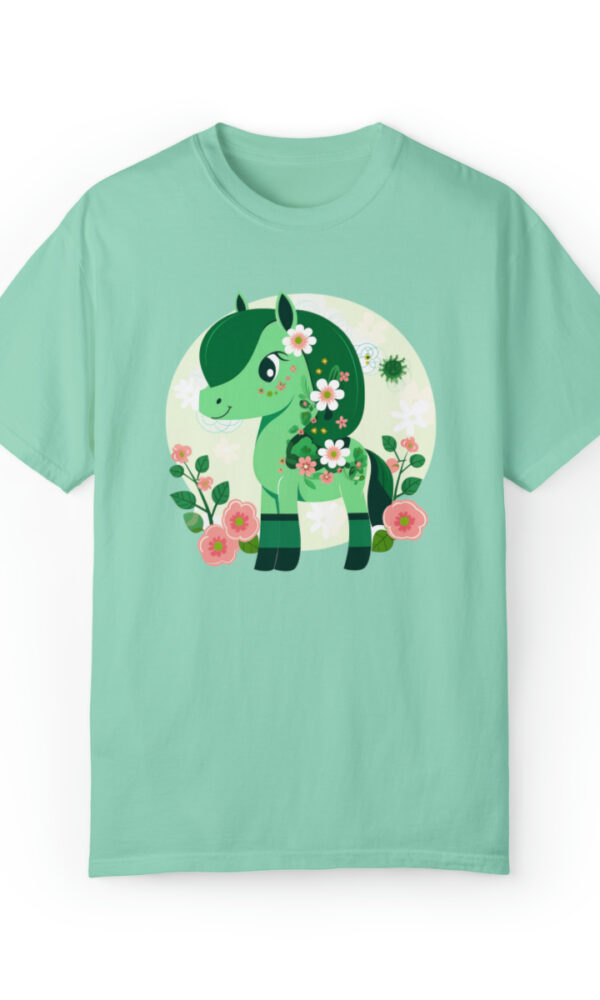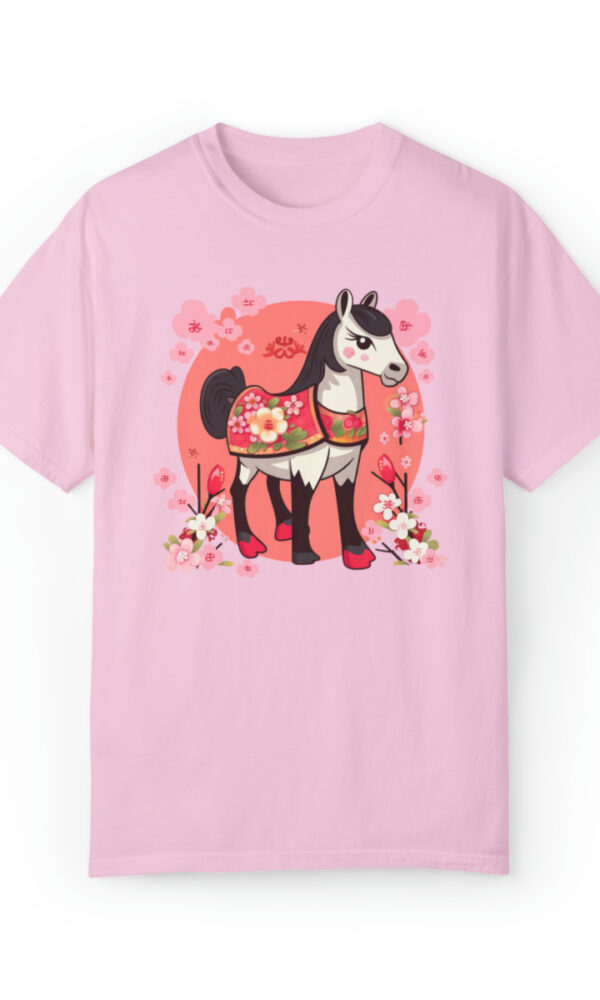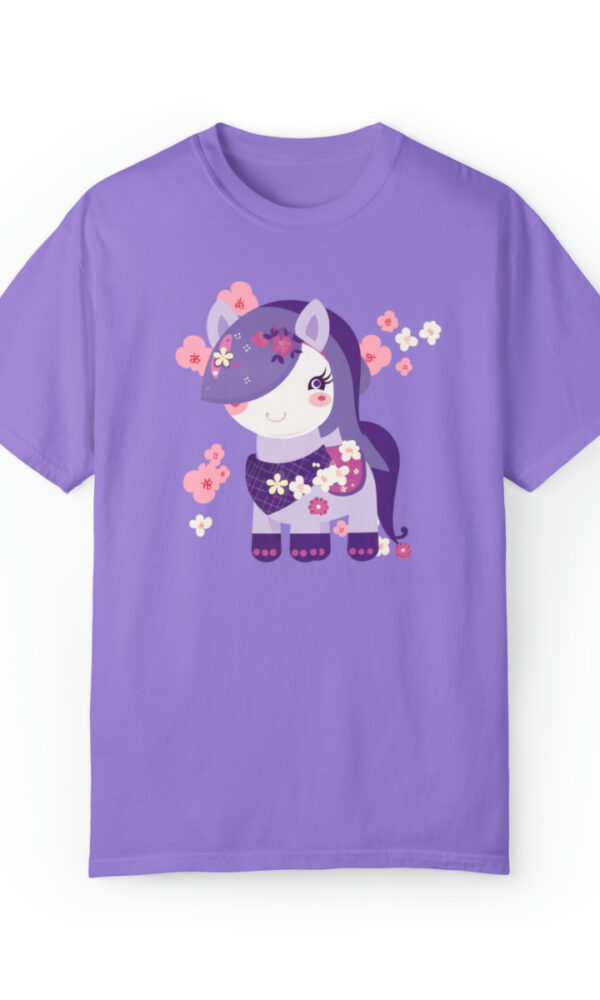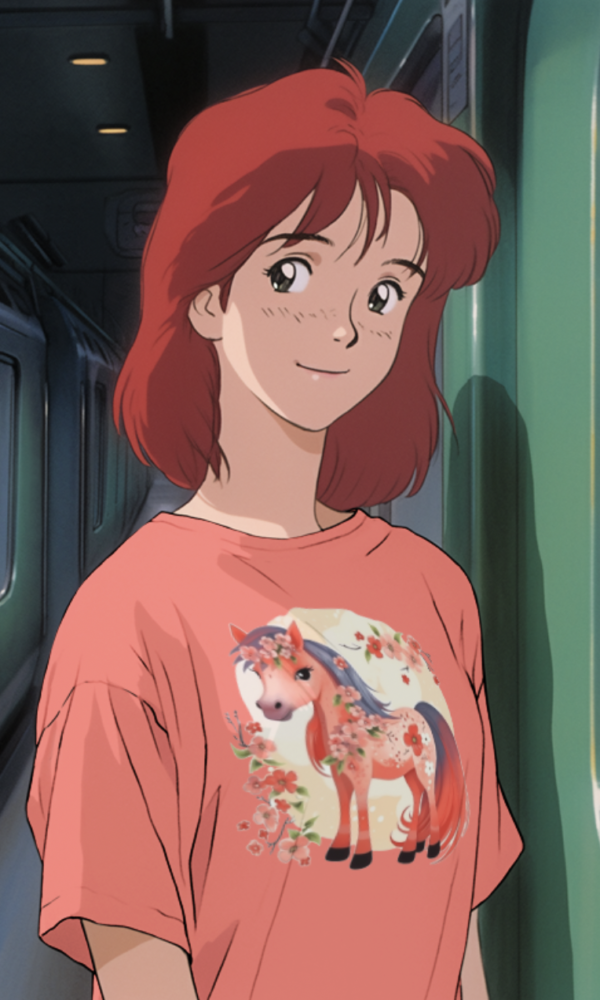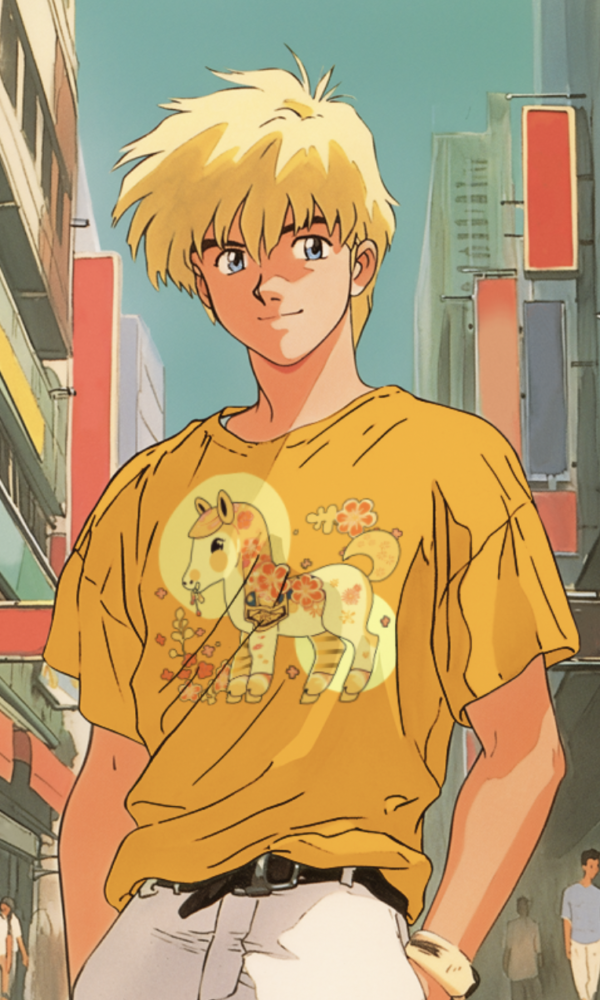
Pet Horses in Japan: A Glimpse into a Unique Cultural Practice
In the bustling metropolis of Tokyo or the serene countryside of Hokkaido, one might not immediately associate Japan with horse ownership. However, a unique and fascinating culture of pet horses exists in the Land of the Rising Sun, defying expectations and offering a glimpse into a world of tradition, passion, and unexpected challenges.
A Rich Historical Bond:
The relationship between humans and horses in Japan dates back centuries. Samurai warriors relied on them for transportation and combat, while draft horses played a crucial role in agriculture and construction. This deep-rooted connection fostered a cultural appreciation for horses, extending beyond mere utility and into the realm of art, literature, and folklore.
From Workhorses to Companions:
 With modernization and technological advancements, the practical use of horses in Japan gradually declined. However, a shift towards leisure riding and recreational horse ownership emerged. Today, an estimated 100,000 horses reside in Japan, with approximately 20,000 classified as pets.
With modernization and technological advancements, the practical use of horses in Japan gradually declined. However, a shift towards leisure riding and recreational horse ownership emerged. Today, an estimated 100,000 horses reside in Japan, with approximately 20,000 classified as pets.
The Dedicated Pet Horse Owner:
Owning a pet horse in Japan requires commitment and dedication. Land for stables and riding facilities is scarce, especially in urban areas. Additionally, the cost of purchasing, caring for, and training a horse can be significant. This exclusivity attracts individuals with a genuine passion for horses, willing to invest time, resources, and expertise into their well-being.
Unique Breeds and Traditions:
Japan boasts several distinct horse breeds, including the Hokkaidō, known for its strength and endurance, and the Miyako, prized for its gentle temperament and elegance. These breeds are often used for riding, while draft horses like the Noriker are still utilized in certain rural areas.
One unique aspect of Japanese horse culture is the tradition of "yabusame," an equestrian archery practice dating back centuries. Skilled riders demonstrate their horsemanship and archery skills in elaborate costumes, showcasing the deep connection between humans and horses.
Challenges and Adaptations:
Despite their devotion, pet horse owners face numerous challenges in Japan. Limited space often necessitates the use of specialized facilities, such as "horse hotels" that offer boarding and training services. Additionally, strict regulations and licensing requirements govern horse ownership, ensuring animal welfare and public safety.
In response to these challenges, innovative solutions have emerged. Indoor riding arenas are becoming increasingly popular, allowing horse owners to practice and train their horses regardless of weather or space constraints. Specialized horse trailers provide transportation for those lacking nearby riding facilities.
Beyond Ownership: The Horse Community:
Owning a pet horse extends beyond individual ownership in Japan. A vibrant community of horse enthusiasts exists, united by their shared passion. This community fosters a sense of camaraderie and support, offering opportunities for learning, competition, and socialization.
Various equestrian clubs and associations organize events throughout the year, ranging from casual riding outings to competitive tournaments. These events provide opportunities for horse owners to bond with their animals, showcase their skills, and connect with fellow enthusiasts.
Celebrating the Horse:
The horse holds a special place in Japanese culture, revered for its beauty, strength, and spirit. From traditional festivals showcasing elaborate equestrian displays to contemporary art and fashion incorporating horse motifs, horses continue to inspire and captivate the Japanese imagination.
The Future of Pet Horses in Japan:
The future of pet horses in Japan remains uncertain. While the number of horse owners is currently stable, challenges such as limited space and rising costs may deter potential owners.
However, the enduring cultural appreciation for horses, coupled with the dedication and innovation of the horse community, suggests that this unique practice will continue to thrive in Japan for generations to come. As technology and urban landscapes evolve, horse owners will undoubtedly adapt and find new ways to maintain the cherished bond between humans and horses.
Looking Beyond the Surface:
Exploring the world of pet horses in Japan reveals a fascinating cultural tapestry woven with tradition, passion, and adaptation. It challenges preconceived notions and offers a glimpse into a unique human-animal relationship, highlighting the enduring power of horses to captivate and inspire across cultures and generations.


